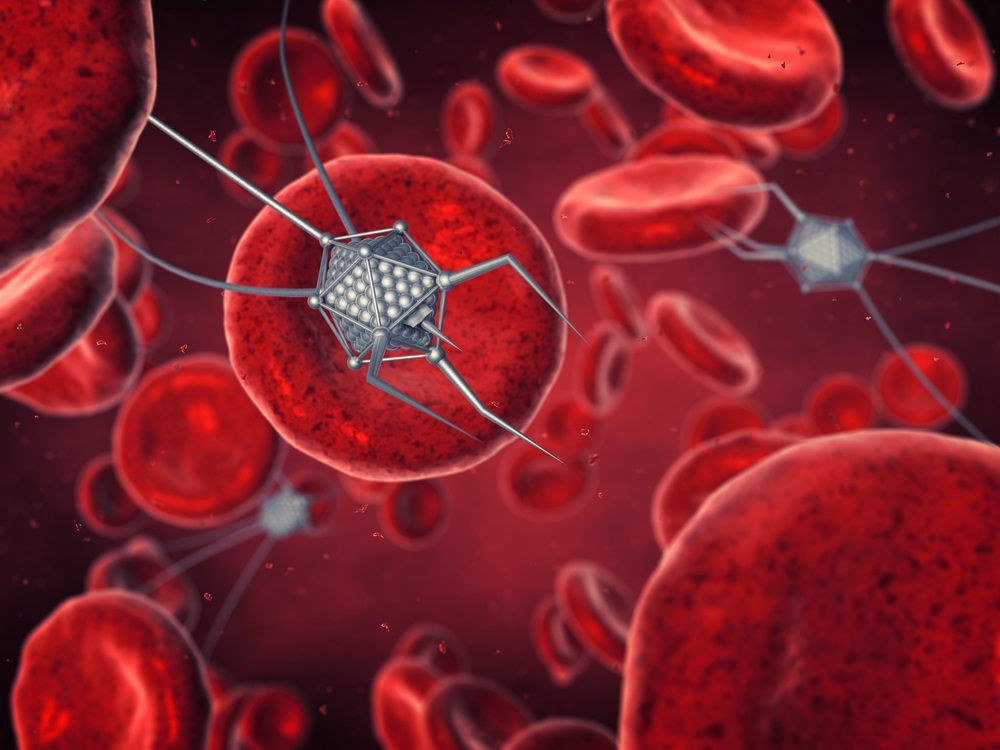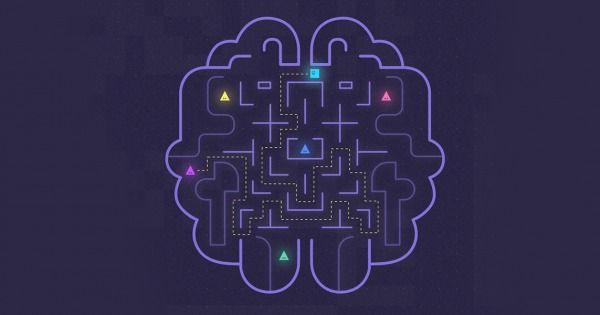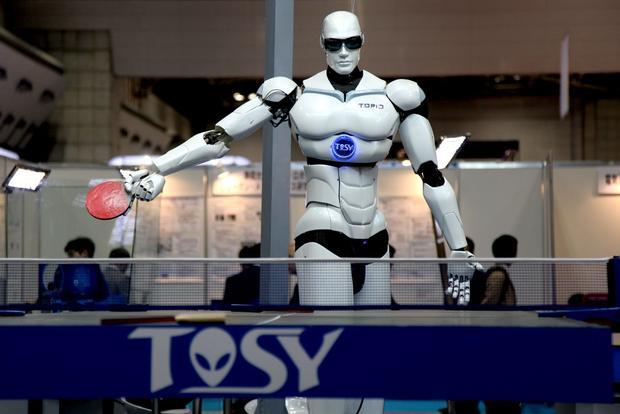Archive for the ‘robotics/AI’ category: Page 2156
Jul 27, 2017
Robot flying taxi takes its first autonomous flight
Posted by Shane Hinshaw in categories: robotics/AI, transportation
Formerly known as the “Air Mule,” this is a flying taxi, or maybe a future unmanned ambulance.
Urban Aeronautics
Nine years ago, the Air Mule was an almost-believable concept: a flying robot taxi that could get people out of dangerous battlefields without endangering a pilot or crew. It was the exact sort of gizmo one expects from Popular Science: an amazing machine of the future, almost like a flying car, that seemed plausible but just out of reach.
Continue reading “Robot flying taxi takes its first autonomous flight” »
Jul 27, 2017
We Created AI, and Now They Are Teaching Us
Posted by Shane Hinshaw in category: robotics/AI
Google’s DeepMind AI is using elastic weight consolidation to get around the problem of catastrophic forgetting. These advances in artificial neural networks are helping us better understand our own brains.
The latest research from DeepMind is proving how inspired the idea to model neural networks of the human mind truly was. The strength of the association between the human brains and and their computational models is revealing weaknesses in our own minds and teaching us how to overcome them.
Jul 27, 2017
Researchers shut down AI that invented its own language
Posted by Mary Jain in category: robotics/AI
An artificial intelligence system being developed at Facebook has created its own language. It developed a system of code words to make communication more efficient. The researchers shut the system down as it prompted concerns we could lose control of AI.
Jul 27, 2017
Floating City Project Wants To Make An ‘Unregulated’ Hub Of Scientific Research
Posted by Montie Adkins in categories: biotech/medical, economics, engineering, food, governance, law, nanotechnology, robotics/AI, sustainability
In the hopes of rising above the laws and regulations of terrestrial nations, a group of Silicon Valley millionaires has bold plans to build a floating city in Tahiti, French Polynesia. It sounds like the start of a sci-fi dystopia (in fact, this is the basic premise behind the video game Bioshock), but the brains behind the project say their techno-libertarian community could become a paradise for technological entrepreneurship and scientific innovation.
The Seasteading Institute was set up in 2008 by billionaire PayPal founder Peter Thiel and software engineer, poker player, and political economic theorist Patri Friedman. Both ardent libertarians, their wide-eyed mission is to “establish permanent, autonomous ocean communities to enable experimentation and innovation with diverse social, political, and legal systems.”
“Seasteading will create unique opportunities for aquaculture, vertical farming, and scientific and engineering research into ecology, wave energy, medicine, nanotechnology, computer science, marine structures, biofuels, etc,” their website reads.
Continue reading “Floating City Project Wants To Make An ‘Unregulated’ Hub Of Scientific Research” »
Jul 27, 2017
Researchers can now Inject Nanobots Into Your Veins
Posted by Klaus Baldauf in categories: nanotechnology, robotics/AI

Since nanobots are no longer fiction, is it time to start answering body augmentation questions raised by sci-fi genres like Cyberpunk?

Tesla Motors CEO Elon Musk and Facebook founder Mark Zuckerberg appear to be at odds over the future of the artificial intelligence. CNN’s Richard Quest discussed the feud with physics professor Michio Kaku…
Jul 26, 2017
How to run faster, smarter AI apps on smartphones
Posted by Sean Brazell in categories: mobile phones, robotics/AI

When you use smartphone AI apps like Siri, you’re dependent on the cloud for a lot of the processing — limited by your connection speed. But what if your smartphone could do more of the processing directly on your device — allowing for smarter, faster apps?
MIT scientists have taken a step in that direction with a new way to enable artificial-intelligence systems called convolutional neural networks (CNNs) to run locally on mobile devices. (CNN’s are used in areas such as autonomous driving, speech recognition, computer vision, and automatic translation.) Neural networks take up a lot of memory and consume a lot of power, so they usually run on servers in the cloud, which receive data from desktop or mobile devices and then send back their analyses.
Continue reading “How to run faster, smarter AI apps on smartphones” »
Jul 26, 2017
Installing microchips in employees is ‘the right thing to do,’ CEO says
Posted by Sean Cusack in categories: food, robotics/AI
Forget swiping a credit card or badge to buy food at work. One Wisconsin-based tech firm is offering to install rice-size microchips in its employees’ hands.
Three Square Market will be the fir st firm in the U.S. to use the device, which was approved by the FDA in 2004, CEO Todd Westby told CNBC on Monday.
“We think it’s the right thing to do for advancing innovation just like the driverless car basically did in recent months,” he said in an interview with “Closing Bell.”
Continue reading “Installing microchips in employees is ‘the right thing to do,’ CEO says” »
Jul 26, 2017
AI Is Inventing Languages Humans Can’t Understand. Should We Stop It?
Posted by Sean Cusack in category: robotics/AI
Researchers at Facebook realized their bots were chattering in a new language. Then they stopped it.














